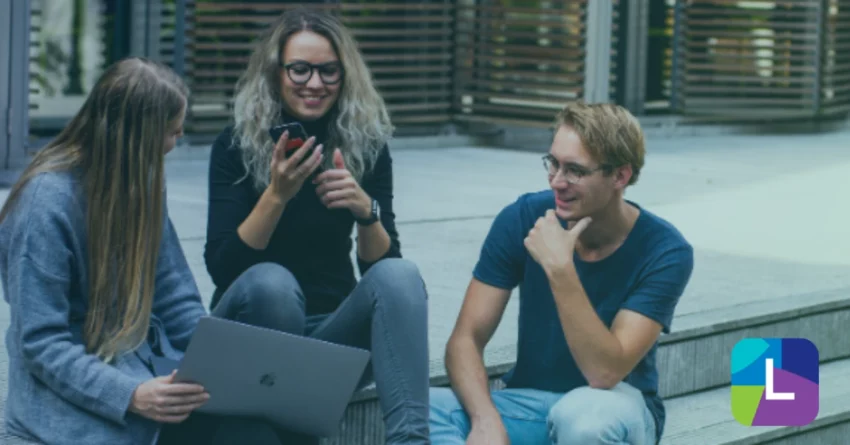How To Prepare For Postgraduate Study
Are you preparing for a return to university in September as a Master’s student? If so, you may, understandably, be a little nervous about doing so. Going back into higher education after a long, or even a short break, can take some adjustment.
If you’ve come straight from an undergraduate degree, getting used to the different demands and spending more time working independently can be a bit of a challenge to begin with.
Equally, if you’ve decided to study for a postgraduate degree to help progress your career or to make a career switch, then the transition back to academia can feel daunting.
To help you prepare for life as a postgraduate student we’ve put together some top tips to make sure you hit the ground running in September.
Speak to someone who has already been through the process
There is no better place to start than getting the inside track from a family member or friend who has already completed a Master’s degree. Hindsight is a wonderful thing and you could learn a lot from someone by hearing what they might have done differently or how they could of made their experience easier. Ask them what they found to be the biggest challenges, how they prepared for the course and for any other useful pointers they can share.
Find out what you could be reading before the course begins
To make sure you hit the ground running in September use your time now to do some early reading. It should be relatively easy to put together a reading list of key module handbooks and other relevant materials. Recommendations on what to read should be available online or in the course notes. But if you are struggling to know where best to start is then don’t be afraid to drop your lecturers an email to ask them. The reading you do now will give you confidence and peace of mind that you are as well prepared as you can be for the course when it begins in September.
Start organising your finances to avoid any money headaches
Financial preparation is important for every Master’s student, but the uncertainty created by the pandemic means it is arguably now more important than ever. A Master’s loan will be the main source of funding for most postgraduate students, but many people will find they need to top up their income to cover their living expenses.
Talk to your existing employer, if you have one, and see how you might be able to balance your studies while possibly working part-time. A lot of students take new part-time jobs in retail or hospitality, but there may be fewer positions available this year because of the pandemic.
To calculate what extra income you might need, it’s a good idea to start putting together a detailed budget planner with all your likely monthly outgoings. By doing this now, you may also be able to start setting some extra money aside over the next five or six months. Creating a small savings buffer will protect you against any unplanned or unexpected costs that may arise once your study begins.
If you are considering a private postgraduate student loan, it’s best to apply early before the summer begins. By allowing time ahead of you, you will be able to do your research and not feel rushed into making a decision.
Representative Example: Assumed borrowing of £30,825 over 120 months at 12.73% APR representative. Monthly cost of £509.26. Total amount repayable of £61,199.65. Interest rate of 11.62% p.a.(fixed) and total fees of £925.00. Available for loan amounts between £5,000 – £100,000.
(Representative Example date: October 2024)
Create space and time to focus on your studies
Clean space, clean mind is a well-known motto but the importance of having an area where you feel relaxed and able to concentrate on your studies is really important. Get organised now by making sure you have an area with plenty of desk space, a comfortable chair and that is warm and well-lit. You’re going to be spending a lot of time in this environment, so it’s important that you have a space you feel happy in. Spending a small amount of money to buy some nice houseplants or to frame a few of your favourite pictures can make a big difference to how you feel about the space you’re in.
As well as creating a physical space of your own, you also need to make sure you have time to focus on your study. Look into how many hours you’ll likely spend in lectures and seminars, and how much time you’ll have working remotely at home or in the library. Put together a calendar so you can start mapping how this might fit with other work or family commitments.
Find out how life as a student at your University might have changed because of the pandemic
The big difference for students starting courses in September will be the protective measures that may still be in place on campus. Although we have all become accustomed to living with COVID-19, it’s a good idea to find out from your University either via the website or through dedicated help and support teams what they are doing differently from previous years. How will your study experience compare with previous cohorts and what might life be like on campus next year? As we move forward, measures are likely to change and hopefully relax, but if you’re worried or anxious about anything then think about speaking to someone now as they may be able to alleviate any concerns you may have.
